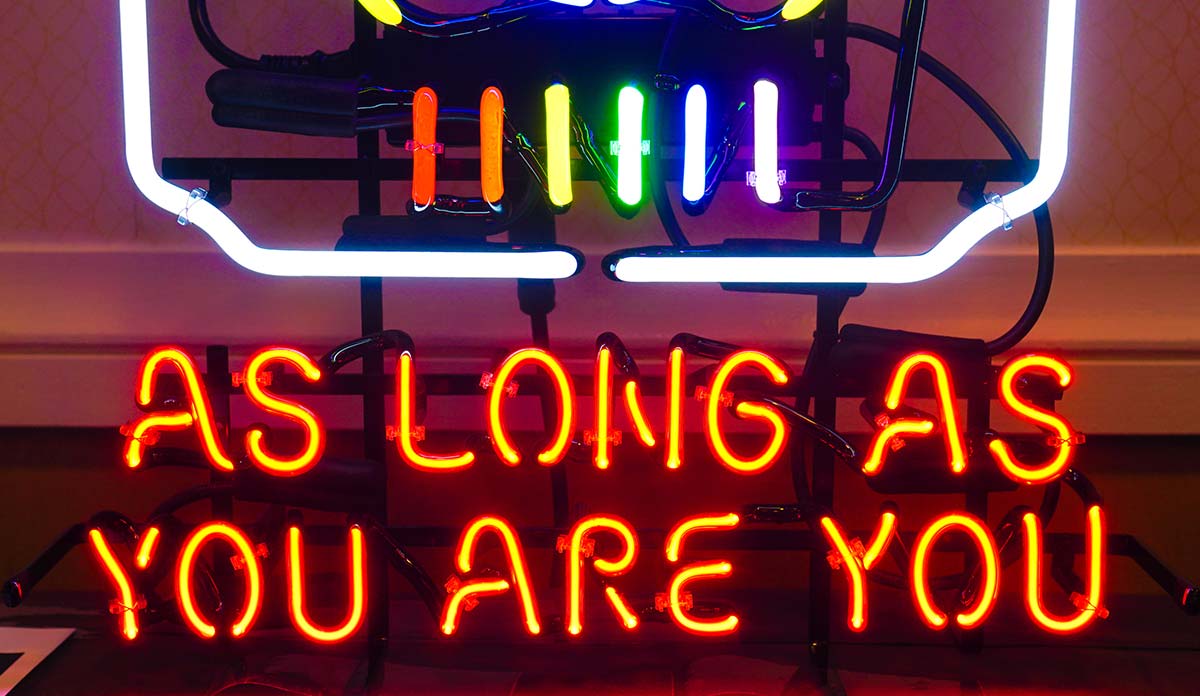The Centers for Disease Control and Prevention recommend six school policies and practices to support LGBTQ students. These include: student-led organizations focused on welcoming all students regardless of sexual orientation or gender identity, safe spaces where LGBTQ students can receive support from staff, prohibiting harassment based on sexual orientation or gender identity, professional development for staff, assistance in connecting LGBTQ students with health care providers, and assistance with connecting LGBTQ students with social and psychological services. A recent study found that few schools were implementing the full panel of recommended policies.
Researchers interviewed school administrators and school health professionals in New Mexico to understand why these policies were not being implemented. They found eleven “outer context” and “inner context” factors related to the implementation of these policies. Outer-context factors are influences originating outside of the school, and inner-context factors are those that evolve from within a school.
As one principal said, “The political climate of the nation…[is]…trickling down.”
One of the outer-context factors was political climate. For instance, the Trump administration has shown anti-LGBTQ bias with policies such as the transgender military ban.
As one principal said, “The political climate of the nation…[is]…trickling down.” The researchers point out that the media can play a role in shaping these fears at a local level.
Another outer-context factor was the influence of community beliefs. According to a 2015 survey from the Pew Research Center, over 40% of Americans feel that people choose to be gay. A school nurse is quoted saying, “There’s a lot of our community that still feels like you can just learn how to be a different way because they just don’t understand.” Another nurse indicated that parents held “old school” beliefs causing many students to feel comfortable being “out” at school but not at home.
An important inner-context factor was a belief among teachers and administrators that policies supporting LGBTQ students are “special treatment.”
An important inner-context factor was a belief among teachers and administrators that policies supporting LGBTQ students are “special treatment.” Some indicated that schools should “treat all students the same,” meaning that these policies are not fair to other students.
The existence of de facto safe spaces turned up in the interviews as a reason for not having specified safe spaces. De facto safe spaces, identified by word-of-mouth but not formally recognized, included the offices of school nurses and counselors. Some principals said that their offices were also safe spaces but admitted that students were not coming to them to discuss LGBTQ-specific topics.
The researchers also found that schools in metropolitan areas were more likely to have resources for LGBTQ students. And according to the interviews conducted, students are thought to have more positive views of the LGBTQ community than school staff members. Based on this latter finding, the researchers note that students may have a role to play in implementing LGBTQ-supportive policies in their schools. Students as advocates can hasten change toward more supportive and safer schools and the provision of referral to appropriate health and behavioral health resources beyond school walls.


